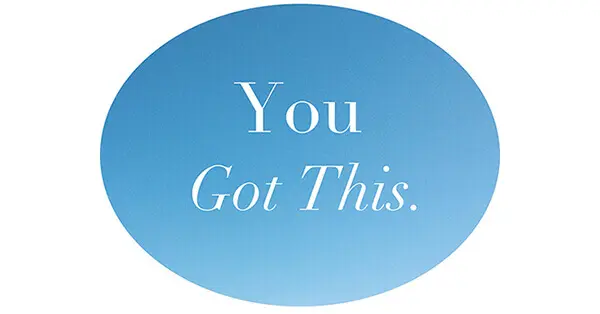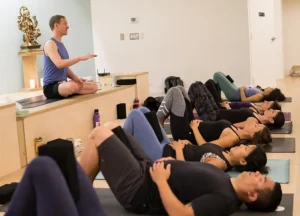When I was diagnosed with cancer, my friend (who is also a cancer survivor) texted those words to me. I cherished this text. He said exactly what I needed to hear. It made me wonder if I’d said “the right” thing to him when he went through treatment. All I remember is offering him a bed to sleep on after surgery (he took it), ginger tea, and some homemade cookies. Other than that, I think I was completely at a loss for what to say.
When someone close to you tells you that they are diagnosed with something terrible, it’s easy to go into panic mode where you tell them how horrible you feel for them. The truth is, there is no one right thing to say to anyone and even when people said insensitive things to me, I didn’t get angry. (Like I said above, I’d been on the other side, not knowing what to say.) But at times, it made an already difficult time even more stressful.
So, I thought I’d share four of my favorite resources for communicating with and supporting a loved one who has cancer.
1. When someone is going through a rough patch – any kind of rough patch – the best thing you can do for them is to pause, stay calm, and listen. This is where your mindfulness practice comes into play. Instead of going with your gut reaction – which may be to scream “No!!!!” or otherwise react dramatically — do your best to hold the space and be supportive. I realize that “hold the space” may sound a little woo-woo. What I mean is, keep your energy and facial expressions even while they talk to you. Create a safe, supportive environment for them to share (or not share) exactly what they can handle in that moment.
And remember this: It’s not their job to take care of you and your emotions right now. It’s your job to simply be there for them. This video is THE BEST for giving you encouragement along these lines. My favorite line is, “If you come across cancer, let it transform you into your most positive self.”
2. If you need to talk through your own fears, sadness, and terror, that’s OK. Just don’t do it with the person who has cancer. And don’t do it with their husband. Or mother. Or sister. Do it with someone who is further away from the patient than you — this is what’s called the Ring Theory or Comfort In, Dump Out. I learned about it from this article that ran in the LA Times: How Not to Say the Wrong Thing
3. It’s important to know that everyone’s diagnosis and case is different. Even within breast cancer, there are many different types and classifications. It’s easy to slip right into, “Oh, my neighbor died of that cancer in three months.” But, doctors and scientists are making great strides with certain types of cancer. This article from the Wall Street Journal about “super survivors” chronicles patients who outlived the odds because of a new treatment that harnesses the immune system to fight the cancer: How the Promise of Immunotherapy is Transforming Oncology
4. And this last one is a link to Emily McDowell’s brilliant, funny line of cards. If you’ve found yourself hiding out from your friend and don’t want your first words to be face-to-face, you can send him or her one of these cards, designed and created by a cancer survivor. My personal favorite: “Please let me be the first to punch the next person who tells you everything happens for a reason.”
So, there you have it. These links have helped me immensely and I still look at them from time to time. I hope they’ve helped you, too. And if you’ve got an uplifting cancer-related link to share, please do so in the comments!





